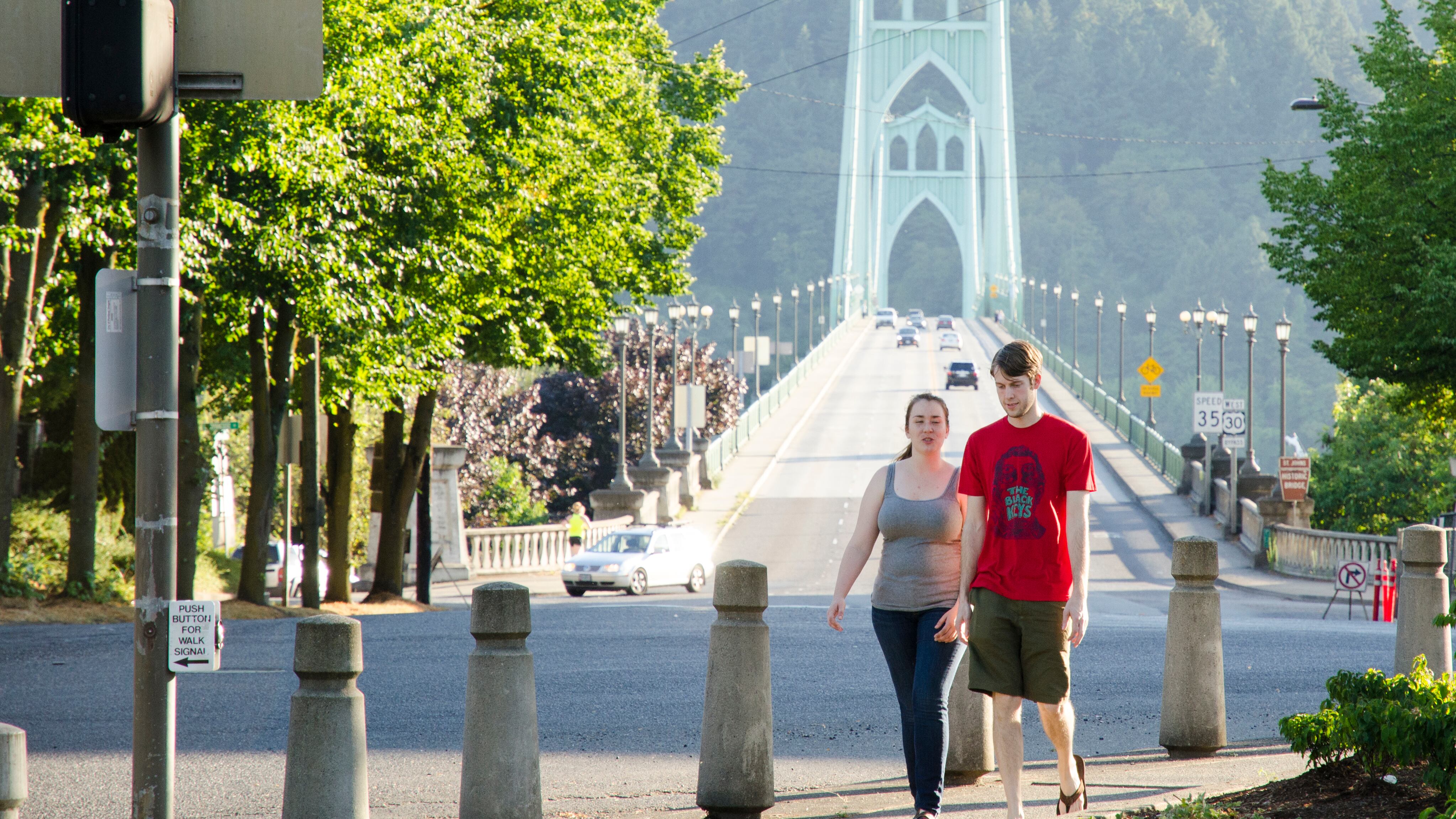Portland Mayor Ted Wheeler is proposing new taxes on Airbnb, other short-term rental companies and their hosts. His office projects those new taxes could provide between $1.2 million and $2.5 million toward the city's housing budget.
The city plans to levy a $4-a-night charge per room on companies that facilitate short-term-rental bookings.
The mayor's office plans to spend the money on funding home ownership as part of the North-Northeast Neighborhood Strategy to rectify displacement, the mayor's office says.
"Home ownership represents an opportunity to create generational wealth," says Wheeler's spokesman Michael Cox. "So, as the City works to address housing affordability we must also focus on creating home-ownership opportunities, particularly in communities that have historically been denied that chance."
(A separate 2-percent charge on hosts who use Airbnb and other companies for booking will go to the Tourism Improvement District and fund tourism promotion. It's projected to bring in $720,000 to $840,000 a year.)
The taxes are expected to go before the City Council in early June.
The deal on new taxes is wrapped up in a longstanding negotiation with the short-term rental companies to allow easier online registration for at least some people renting out their homes through Airbnb and Home Away, city officials said. In exchange, the city is expected to get data from the companies that will make enforcement of the rules and of the taxes possible.
"Short-term rentals take apartments off the market for people who live here—it's only fair that companies like HomeAway and Airbnb offset their impact by helping us replace the affordable homes Portland is losing to this industry," says City Commissioner Nick Fish, who is sponsoring the tax with Wheeler. "We look forward to a conversation about the best use of those funds."
The intended destination for the tax dollars, a program to help former and current residents of North and Northeast Portland neighborhoods displaced by city redevelopment, has stumbled badly, helping only six people find homes in just over three years.
Funding was not identified as the obstacle, but city officials hope new funding will help make the program more flexible.
At a May 10 presentation to the N/NE Community Oversight Committee, Housing Bureau director Shannon Callahan said city officials were exploring the option to allow add 10 program participants, who would be able to look for homes outside North and Northeast if they desired, potentially by year end. Under the current funding mechanism, an urban renewal district, would be an obstacle to that approach. But the Airbnb tax would provide the fix.
